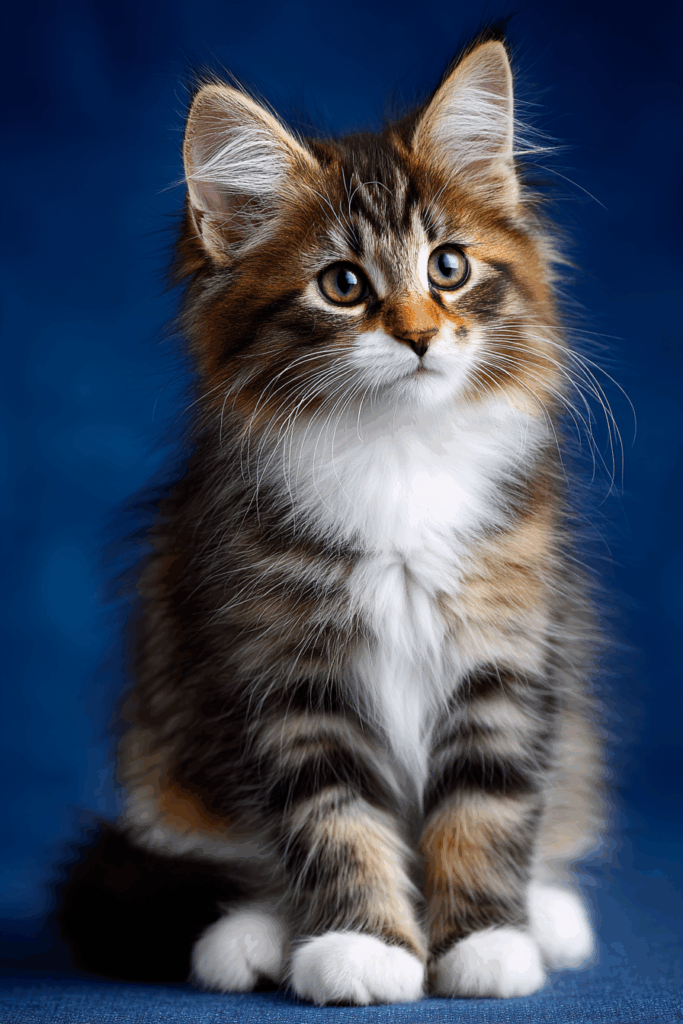
Why Are Maine Coon Kittens So Expensive?
Maine Coon kittens are some of the most breathtaking cats in the world—massive, silky-haired companions with gentle temperaments and unmistakable presence. But when new cat owners start shopping, they often get sticker shock. Prices of $3,000–$6,000 are common for a well-bred kitten, and show or breeding prospects can cost even more.
So why are Maine Coon kittens so expensive?
The answer is simple: quality breeding isn’t cheap. Ethical Maine Coon breeders invest heavily in health testing, imported bloodlines, veterinary care, housing, and socialization—all before a single kitten ever goes home.
This post will help you understand what those costs actually look like, how prices differ between regions, and how to make sure you’re paying for genuine quality, not just a high price tag.
1. The Cost of Creating Healthy Bloodlines
At the heart of every Maine Coon program is genetic stewardship—the science and ethics of producing healthy, long-lived cats. Responsible breeders don’t pair cats casually. They spend years researching pedigrees, screening for health issues, and sometimes importing cats from overseas to diversify their lines.
Health Testing and DNA Panels
Purebred Maine Coons are predisposed to several heritable conditions, including:
- HCM (Hypertrophic Cardiomyopathy) – a life-threatening heart disease.
- PKD (Polycystic Kidney Disease) – affects kidney function.
- SMA (Spinal Muscular Atrophy) – causes muscle weakness.
Every breeding cat should be genetically tested before producing kittens.
Some breeders go further, investing in echocardiograms ($400–$800 each) and renal ultrasounds ($300–$500) performed by specialists. These expenses are repeated every one to two years, ensuring the breeding cats remain in good health.
When you see a breeder charging more, this is one of the biggest reasons why.
2. Imported Bloodlines and Preservation Costs
Many top Maine Coon breeders in the United States work with European lines—particularly from countries like Poland, Germany, and Finland—where the breed has been preserved with a focus on structure and health. Importing a breeding cat can cost $5,000–$10,000+ once you add airfare, quarantine, registration, and shipping.
These imported cats bring new genetics into U.S. breeding programs and help maintain the breed’s integrity, but that investment must be recovered over time through careful breeding.
In addition to the purchase cost, these cats require:
- Annual veterinary health checks
- Registration with TICA or CFA
- Show participation for evaluation
- Travel and exhibition expenses
Preservation breeding is a long-term investment—more about heritage than profit—and every kitten price reflects that dedication.
3. Veterinary and Nutritional Expenses
The Maine Coon’s massive frame, slow growth rate, and thick coat require an extraordinary amount of care. Reputable breeders spend heavily on high-quality food, supplements, and veterinary support.
Feeding a Giant Breed Cat
Maine Coon mothers are fed premium diets, often with added raw meat, probiotics, and DHA supplements for kitten development.
A litter of five or six kittens can consume over $500 worth of food and litter before they even leave for their new homes.
Rising Veterinary Costs
Veterinary expenses have skyrocketed nearly 1,000% in the past five years, driven by labor shortages, inflation, and modern diagnostic tools.
Responsible breeders absorb these increases because they:
- Microchip and vaccinate every kitten
- Provide parasite prevention
- Schedule wellness checks before placement
These rising costs directly impact Maine Coon kitten prices nationwide.
4. Housing, Hygiene, and Labor
Unlike large commercial catteries, reputable Maine Coon breeders raise kittens inside their homes. This means constant cleaning, supervision, and enrichment.
A single breeder may spend 4–6 hours a day sanitizing litter boxes, rotating toys, and monitoring kittens’ growth and social behavior. They may also maintain dedicated kitten rooms with specialized flooring, washable bedding, and climbing equipment to prevent injuries in young, large-boned cats.
Everything about raising Maine Coon kittens—from grooming to playtime—takes more time and space than smaller breeds.
5. Socialization: The Hidden Value in Every Kitten
What makes a Maine Coon kitten stand out isn’t just its looks—it’s its temperament. The famously affectionate, “dog-like” Maine Coon personality doesn’t happen by accident. It’s the result of intentional early handling, enrichment, and socialization.
From three weeks old, responsible breeders expose kittens to:
- Different household sounds (vacuums, doors, voices)
- Carriers and grooming tools
- People of various ages
- Small trips outside the nursery room
This ensures each kitten grows up confident and adaptable, not fearful or shy. The time investment is enormous, but it’s what makes Maine Coons thrive in busy homes.
6. Breeding Isn’t Just a Hobby—It’s a Career
Many breeders operate like small family farms. They maintain detailed records, track pedigrees, and often attend continuing education through cat associations.
Here’s what running a legitimate Maine Coon breeding program includes:
- Health testing and veterinary scheduling
- Breeding ethics and contracts
- Kitten evaluations and temperament testing
- Legal business licensing and taxes
- Website management and photography
- Year-round care for retired and breeding cats
Most breeders don’t “profit” in the traditional sense. After expenses, many earn less than minimum wage per kitten—but they continue because they love the breed.
7. Why Cheap Maine Coons Can Be Risky
You’ve probably seen ads online for $800 “purebred Maine Coon kittens.” They might even have photos of majestic cats. Unfortunately, most are scams or backyard breeders selling unregistered mixes.
Cheap kittens often come from:
- Unverified parents with no health testing
- Unhygienic or overcrowded environments
- Sellers using stolen photos or false pedigrees
While the upfront price is lower, the long-term cost in vet bills or heartbreak is far higher.
When evaluating any breeder:
- Ask for registration papers (CFA or TICA).
- Request proof of DNA or health testing.
- Avoid anyone unwilling to FaceTime or show their cats in real time.
You can learn more about verifying breeder legitimacy here:
👉 How to Choose a Maine Coon Breeder You Can Trust
8. How Maine Coon Prices Differ Across the U.S.
Maine Coon kittens in 2025 range from $3,000 to $6,500, depending on region, quality, and demand.
| Region | Pet Quality Average | Show/Breeder Quality | Notes |
|---|---|---|---|
| Northeast (PA, NY, MA) | $3,500–$5,500 | $6,000+ | High demand, limited breeders |
| South (TX, FL, GA) | $3,000–$4,500 | $5,000–$6,000 | Many imports from Europe |
| Midwest (OH, MI, IL) | $3,200–$4,800 | $5,500+ | Strong preservation programs |
| West Coast (CA, WA, OR) | $3,800–$6,500 | $7,000+ | Elite show lines, higher cost of living |
Prices tend to be highest on the coasts, where luxury pet ownership is more common and breeders have higher overhead.
👉 Compare how costs differ regionally in our State-by-State Price Breakdown.
👉 Get full national pricing data in our Maine Coon Kitten Prices (2025 Guide).
9. Supply, Demand, and the Pandemic Effect
Over the past few years, Maine Coon demand exploded—especially during and after the pandemic. Families sought companionship and breeders with waiting lists months (or even years) long became the norm.
Because Maine Coons produce small litters (4–6 kittens) and responsible breeders only have a few litters a year, supply can’t meet demand.
Meanwhile, more people are seeking:
- Large, hypoallergenic-adjacent breeds
- Family-friendly cats with calm temperaments
- Cats that adapt to dogs or children
Maine Coons check every box—making them the “gold standard” of companion cats.
10. Why Ethical Breeders Limit Production
Unlike commercial breeders, ethical Maine Coon programs breed strategically—not constantly.
Queens (females) are typically bred once or twice a year and then rested. Tomcats are also given breaks to prevent stress and health decline.
This means fewer kittens, slower income, and higher prices—but it’s what protects the cats’ welfare.
Every responsible breeder will tell you:
“You can’t raise healthy kittens from an unhealthy queen.”
The goal is longevity, not volume.
11. The Cost of a Lifetime Guarantee
Top breeders often provide ongoing support for the lifetime of your cat—something you’ll never get from a pet store or random online seller.
That might include:
- Nutritional guidance
- Behavior or integration advice
- Replacement or health guarantee contracts
- Access to a private buyer community
You’re not just buying a kitten—you’re joining a network of people who care about the same breed standard and ethics.
12. Understanding What You’re Paying For
Let’s break it down clearly.
When you invest $4,000–$5,000 in a Maine Coon kitten, you’re paying for:
| Expense Category | Approximate Cost per Litter |
|---|---|
| Genetic & Health Testing | $1,000–$2,000 |
| Veterinary Care & Vaccines | $800–$1,500 |
| Nutrition & Supplies | $500–$800 |
| Registration & Microchips | $200–$300 |
| Cattery Maintenance | $2,000–$3,000 annually |
| Labor & Time | Hundreds of hours per litter |
When you divide these expenses among four to six kittens, the math becomes clear. Breeders who do everything right simply can’t sell kittens for “cheap.”
13. The Myth of “Show Quality” Pricing
One common misconception is that “show quality” automatically means better health or temperament. In reality, “show quality” simply means the kitten meets the breed standard in structure and markings—it’s eligible for the show ring.
Pet quality kittens, however, can be equally healthy, affectionate, and beautiful. Most breeders set prices based on demand and the rarity of certain colors (like silvers, reds, or smokes), not on a hierarchy of worthiness.
So don’t feel pressured to buy a “show” kitten unless you plan to compete or breed responsibly.
14. How to Find a Luxury Maine Coon Kitten
The smartest buyers look beyond price tags.
Here’s what to focus on when comparing breeders:
- Transparency: Are you shown test results, contracts, and photos of both parents?
- Reputation: Does the breeder have reviews or active social media updates?
- Support: Do they offer post-adoption guidance or health guarantees?
- Environment: Are kittens raised in the home, not in kennels or barns?
If a breeder checks all these boxes, the higher price reflects genuine quality.
15. The Future of Maine Coon Breeding in 2025 and Beyond
The Maine Coon’s popularity shows no sign of slowing down. In fact, the breed’s steady rise in the TICA and CFA registration charts means reputable breeders are more selective than ever.
Buyers can expect pricing stability in the $3,000–$6,000 range, with increases tied to:
- Rising veterinary costs
- Import and travel fees
- Cost of living adjustments
Preservation breeding ensures Maine Coons remain robust, gentle giants, not commercialized designer cats. Supporting ethical programs helps preserve that future.
Frequently Asked Questions About Maine Coon Kitten Prices
1. Are Maine Coon kittens worth the price?
Yes. Maine Coons are among the most affectionate, intelligent, and trainable cat breeds. The higher cost reflects their health-tested parents, premium care, and responsible breeding, not just their appearance. When you buy from a reputable breeder, you’re investing in a healthy companion likely to live 12–16 years with proper care.
2. Why are Maine Coons so expensive in 2025?
Maine Coon prices have risen due to veterinary cost inflation, imported bloodlines, and high demand. Responsible breeders spend thousands on health testing, nutrition, and kitten rearing. Vet care alone has increased nearly 1,000% in the last five years, making breeding far more expensive than it once was.
3. Do Maine Coons cost more to care for than other cats?
Yes, slightly. Maine Coons are a giant breed, so their food, litter, and grooming needs are higher than average cats. Expect to spend about $1,200–$1,800 per year on ongoing care, including premium food, grooming tools, and regular vet visits.
For many owners, their gentle nature and intelligence more than justify the cost.
4. What is the average Maine Coon kitten price in the U.S.?
In 2025, expect to pay:
- Pet-quality kittens: $3,000–$4,500
- Show-quality kittens: $5,000–$7,000+
- Imported European bloodlines: $6,000–$8,500
Prices vary by breeder reputation, color rarity, and regional demand.
👉 See full national pricing data in our Maine Coon Kitten Prices (2025 Guide).
5. Why are some Maine Coons cheaper online?
Lower prices often mean corners are being cut. Many cheap kittens come from backyard breeders or scams that don’t health test or register their cats. If the seller can’t show DNA results, pedigrees, or parent photos, walk away. Scammers frequently use stolen images from real catteries.
6. Are Maine Coon kittens more expensive in certain states?
Yes. Prices vary significantly by region due to cost of living and breeder concentration. Maine Coons tend to be more expensive in California, New York, and Washington, where demand can be more then ethically raised kittens available.
👉 Compare how costs differ regionally in our State-by-State Price Breakdown.
7. How much do adult Maine Coons cost to adopt or rehome?
Adult Maine Coons may be available through rescues or rehoming for $300–$800. However, purebred adults are rare, and many “Maine Coons” listed online are Maine Coon mixes. Always verify paperwork or DNA testing if authenticity matters to you.
8. Does color affect the price of a Maine Coon kitten?
Yes. Rarer colors like silver, smoke, red, and cream often cost more than standard brown tabbies. Breeders sometimes price based on color rarity or coat pattern, but reputable breeders never inflate prices solely for cosmetic reasons—they focus on health and temperament first.
9. Why do Maine Coon breeders charge deposits?
Most breeders require a non-refundable deposit (usually $500–$1,000) to reserve a kitten. This ensures commitment from the buyer and helps cover early veterinary costs. Deposits are standard practice in the purebred community and applied toward your final balance.
10. How can I tell if a Maine Coon breeder is legitimate?
A legitimate breeder will:
- Provide CFA or TICA registration
- Share health test results for both parents
- Use contracts outlining health guarantees and kitten care
- Offer video calls or in-person visits
If a breeder refuses any of these, consider it a red flag.
👉 See how to identify breeders whose prices reflect real health testing in How to Choose a Maine Coon Breeder You Can Trust.
11. Do Maine Coon kittens come with registration papers?
Ethical breeders provide registration papers through CFA, TICA, or other recognized associations. Some wait until proof of spay or neuter is shown before transferring papers. If a breeder says registration is “not included” or “extra,” that’s a warning sign.
12. Why do Maine Coons cost more than Ragdolls or Persians?
Maine Coons require more resources per litter due to their size, growth rate, and genetic testing requirements. Their coats are denser, their diets richer, and their breeding age later—meaning higher long-term care costs for the breeder.
You can explore how different breeds compare in cost in our pricing archives for Ragdolls and Persians.
13. Are Maine Coons more expensive to insure?
Usually, yes. Because of their size and potential for orthopedic or cardiac issues, pet insurance for Maine Coons averages $50–$80/month, depending on coverage. Many breeders provide a free 30-day trial through companies like Trupanion or Healthy Paws at the time of adoption.
14. What’s the cheapest way to get a Maine Coon?
The most affordable and ethical way is to join a breeder’s retired cat waitlist or adopt from a Maine Coon rescue. Retired breeding cats are usually fully vetted, spayed/neutered, and priced between $500–$1,000. Just be sure to verify the rescue’s legitimacy.
15. How long should I expect to wait for a Maine Coon kitten?
Many reputable breeders have 6–12 month waiting lists. Maine Coon queens typically have only one or two litters a year, and serious breeders often match kittens to homes before birth based on personality and lifestyle compatibility.
16. Can I find a purebred Maine Coon for under $1,000?
Almost never. Prices below $1,000 are a major red flag—usually indicating a scam, mix, or backyard breeder. Real Maine Coon kittens from health-tested parents with registration, vaccines, and early care simply cost more to raise than that.
17. Are Maine Coon cats hypoallergenic?
No cat is truly hypoallergenic, but Maine Coons tend to produce less Fel d 1 protein than some breeds, making them a good choice for mild allergy sufferers. For more information, see our detailed guide on Are Maine Coons Hypoallergenic?
18. How do I know if my kitten is a real Maine Coon?
A genuine Maine Coon will have:
- Large, tufted ears
- A square muzzle and long tail
- Heavy, water-resistant coat
- A gentle, confident personality
If you’re unsure, you can order a cat DNA test (like Basepaws or Wisdom Panel) to confirm breed lineage.
19. What should a Maine Coon price include?
A legitimate Maine Coon kitten price should always include:
- Veterinary exam and first vaccinations
- Microchip and registration
- Health guarantee and written contract
- Parent health testing documentation
- Starter food and breeder support
If any of these are missing, ask questions before paying a deposit.
20. Will Maine Coon prices keep going up?
Most likely. Maine Coon kitten prices have risen steadily since 2020 and will likely continue to increase as veterinary, import, and feed costs rise. Expect moderate increases of 10–15% annually through 2026, especially for imported or rare-colored kittens.
Final Thoughts
So—why are Maine Coon kittens so expensive?
Because raising a healthy, well-socialized Maine Coon is an act of dedication, not just a business. From health testing to nutrition, socialization, and lifelong support, every dollar reflects genuine investment in the breed’s future.
By choosing an ethical breeder, you’re not just buying a kitten—you’re helping preserve one of the oldest and most beloved cat breeds in the world.
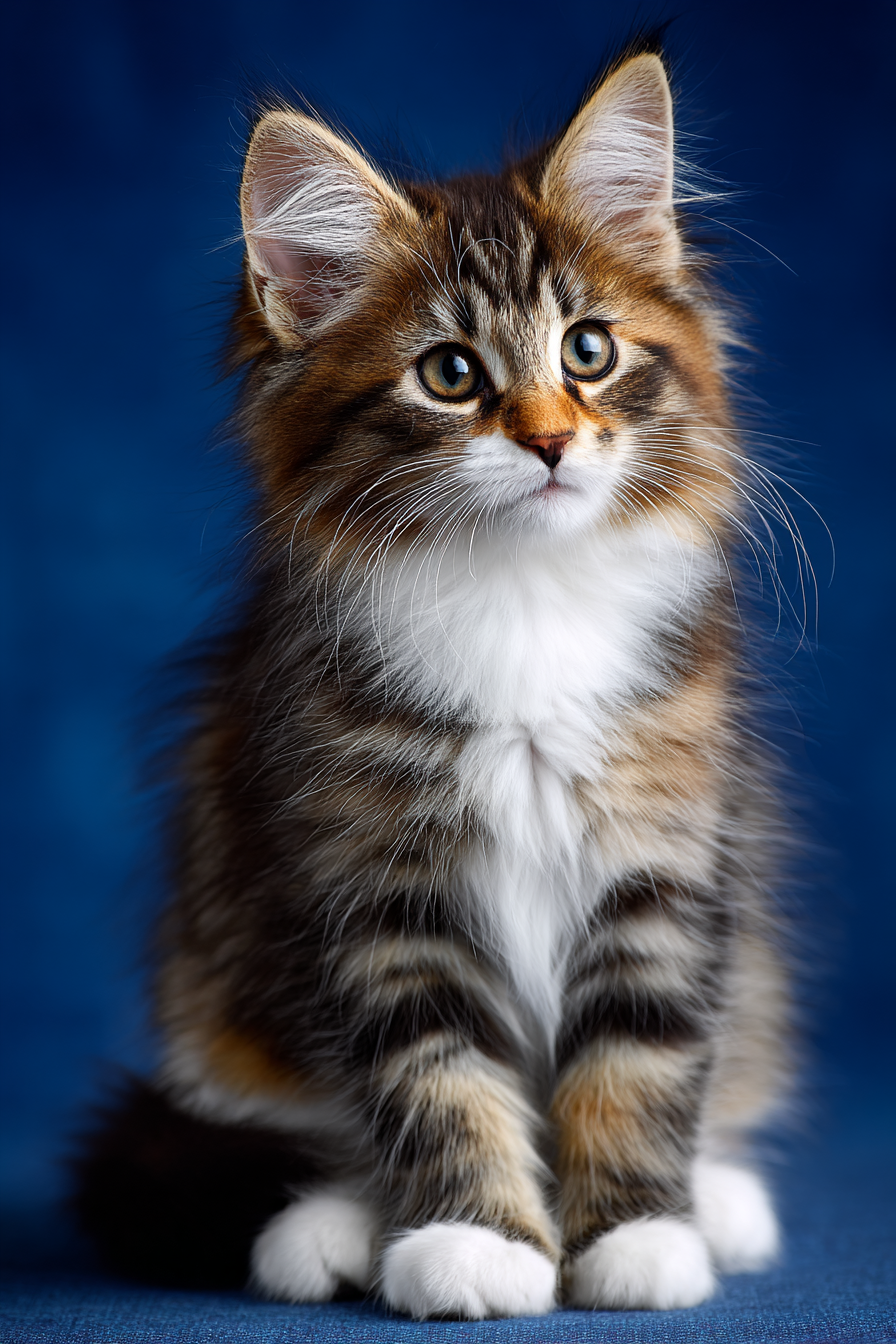
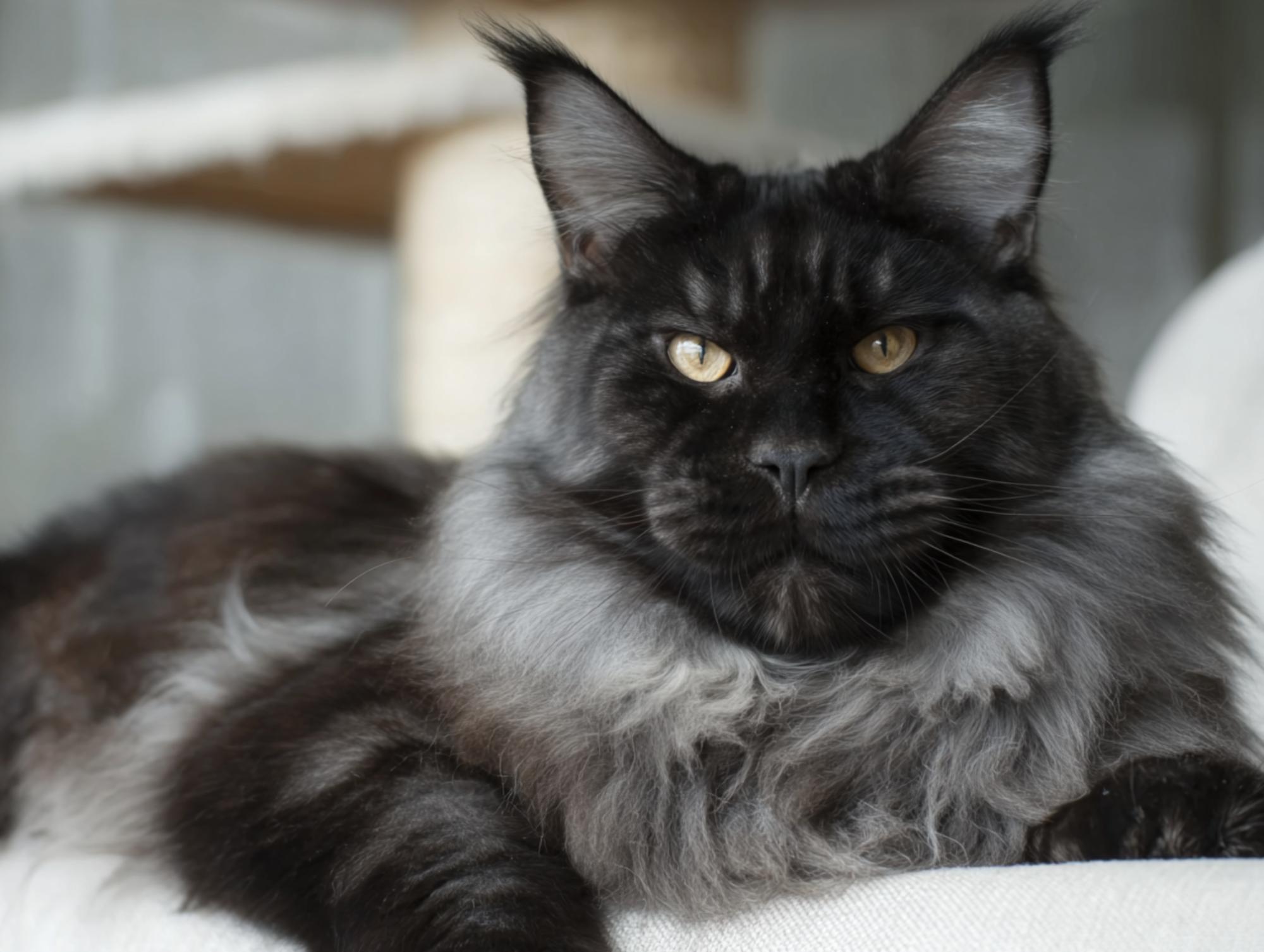
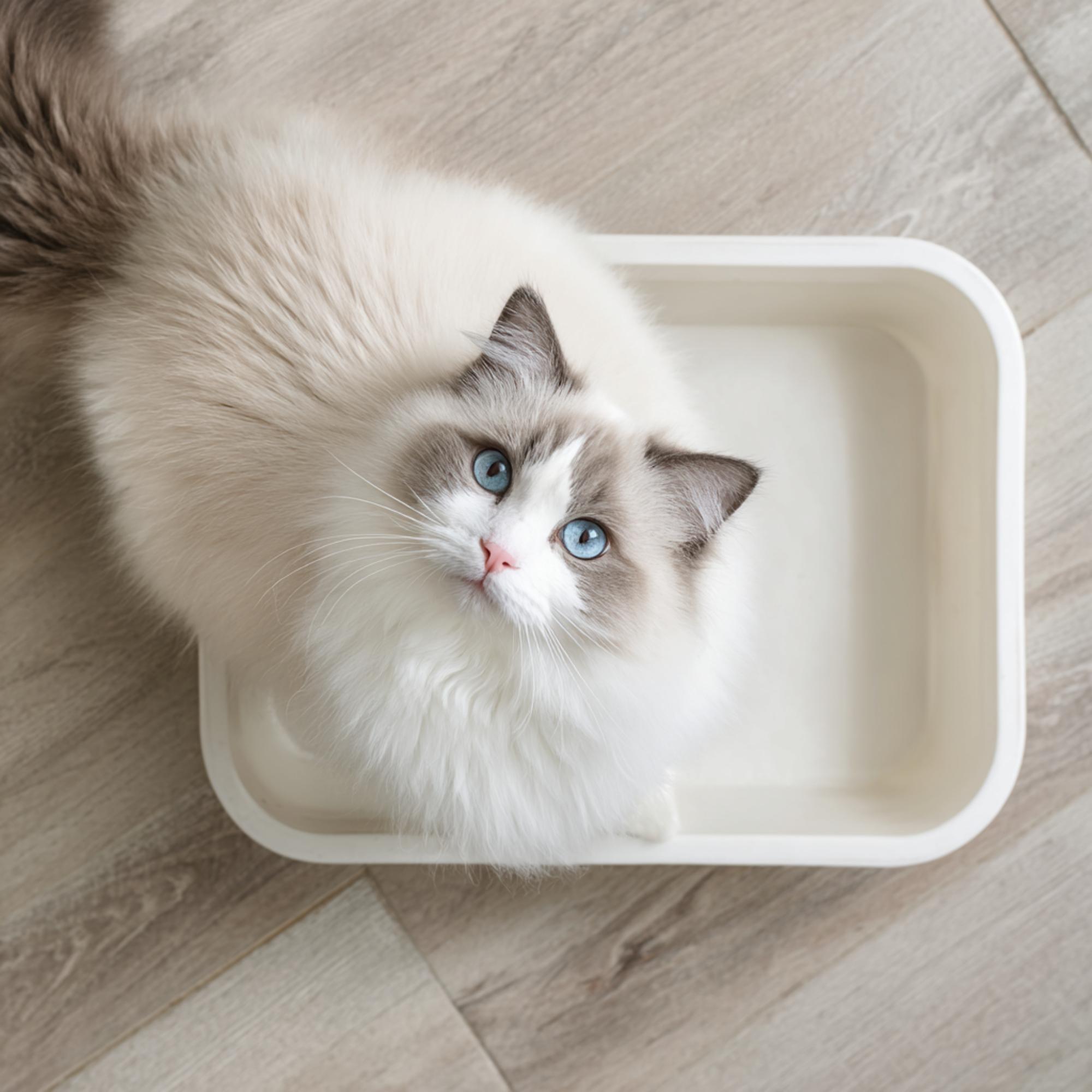

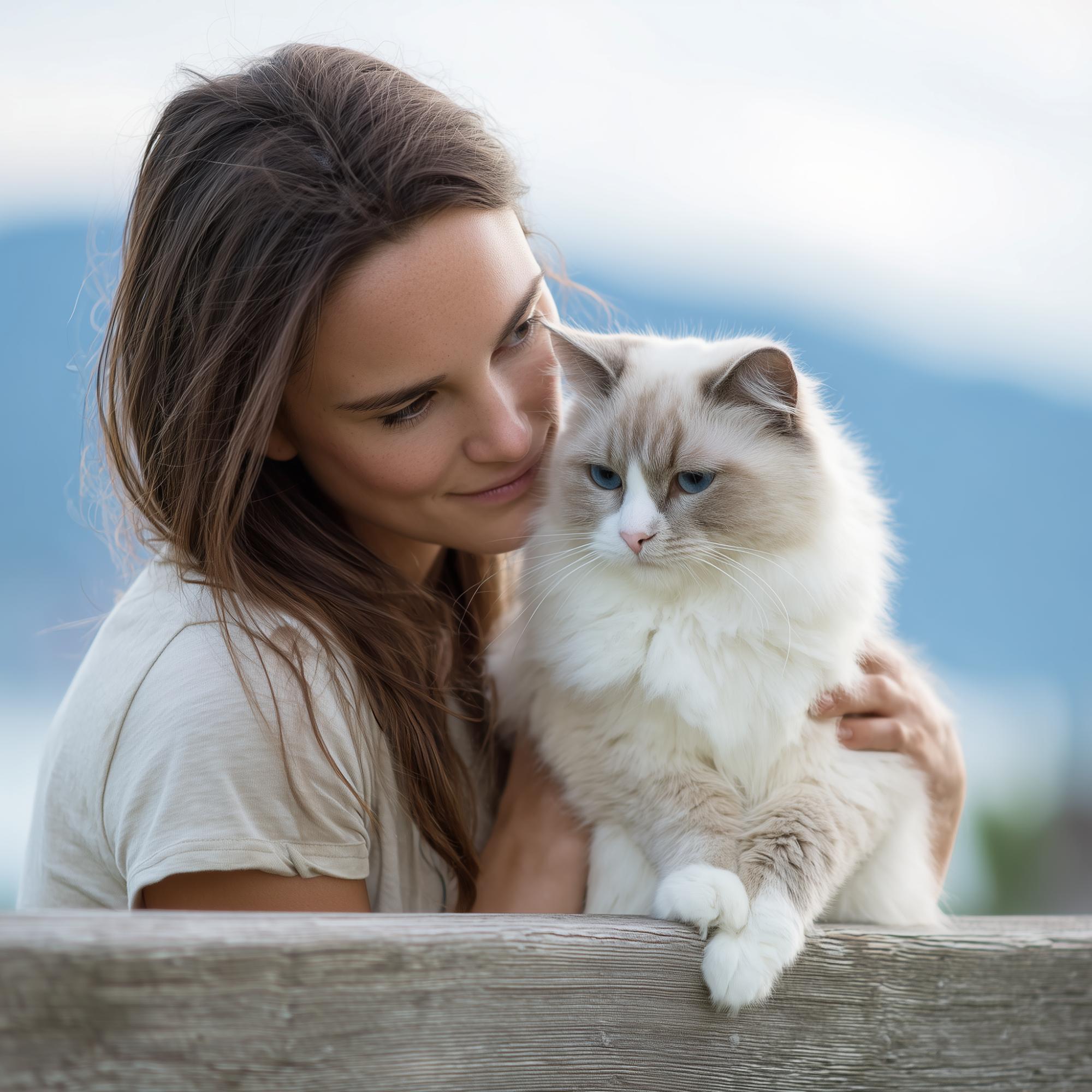
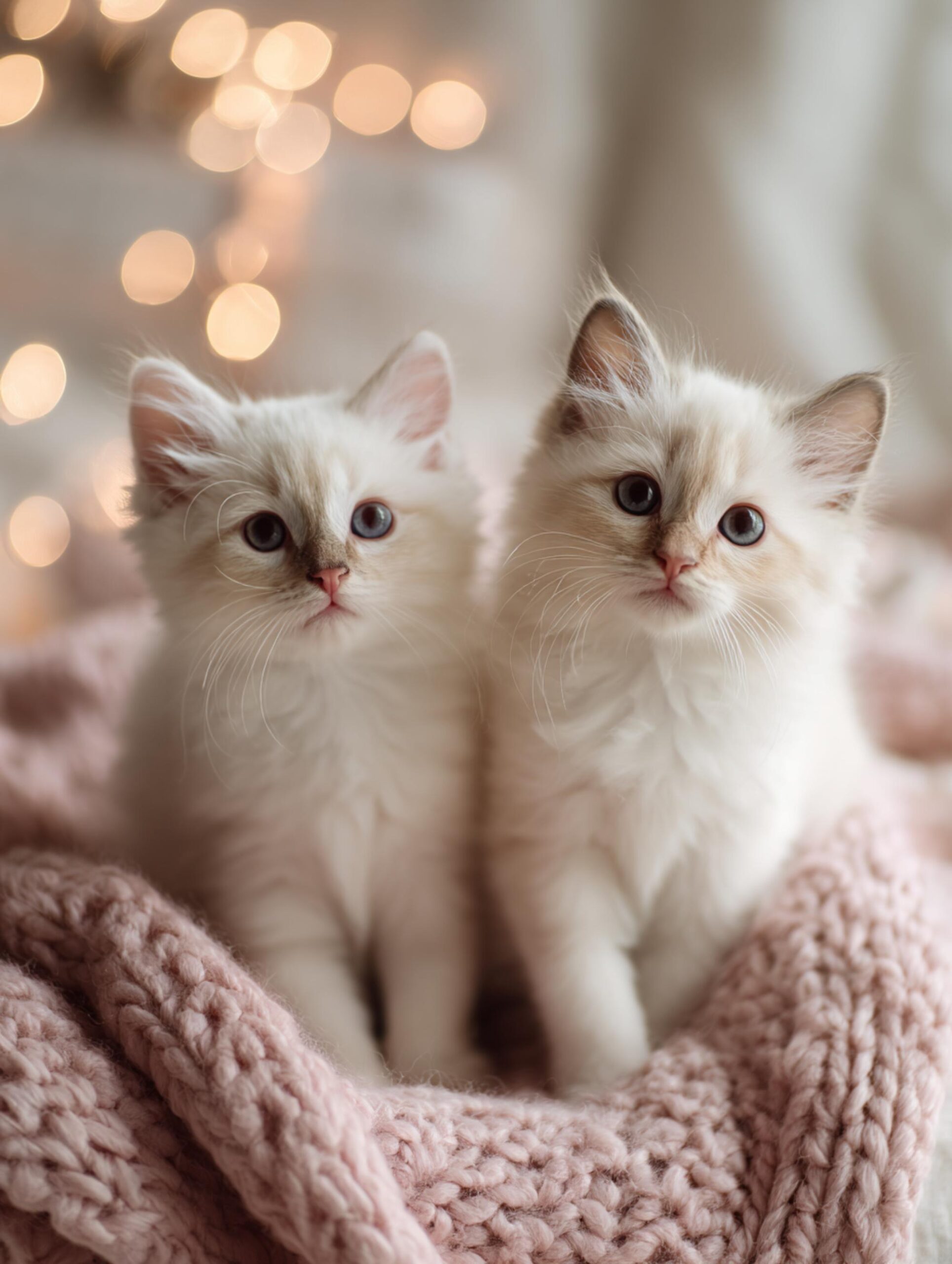
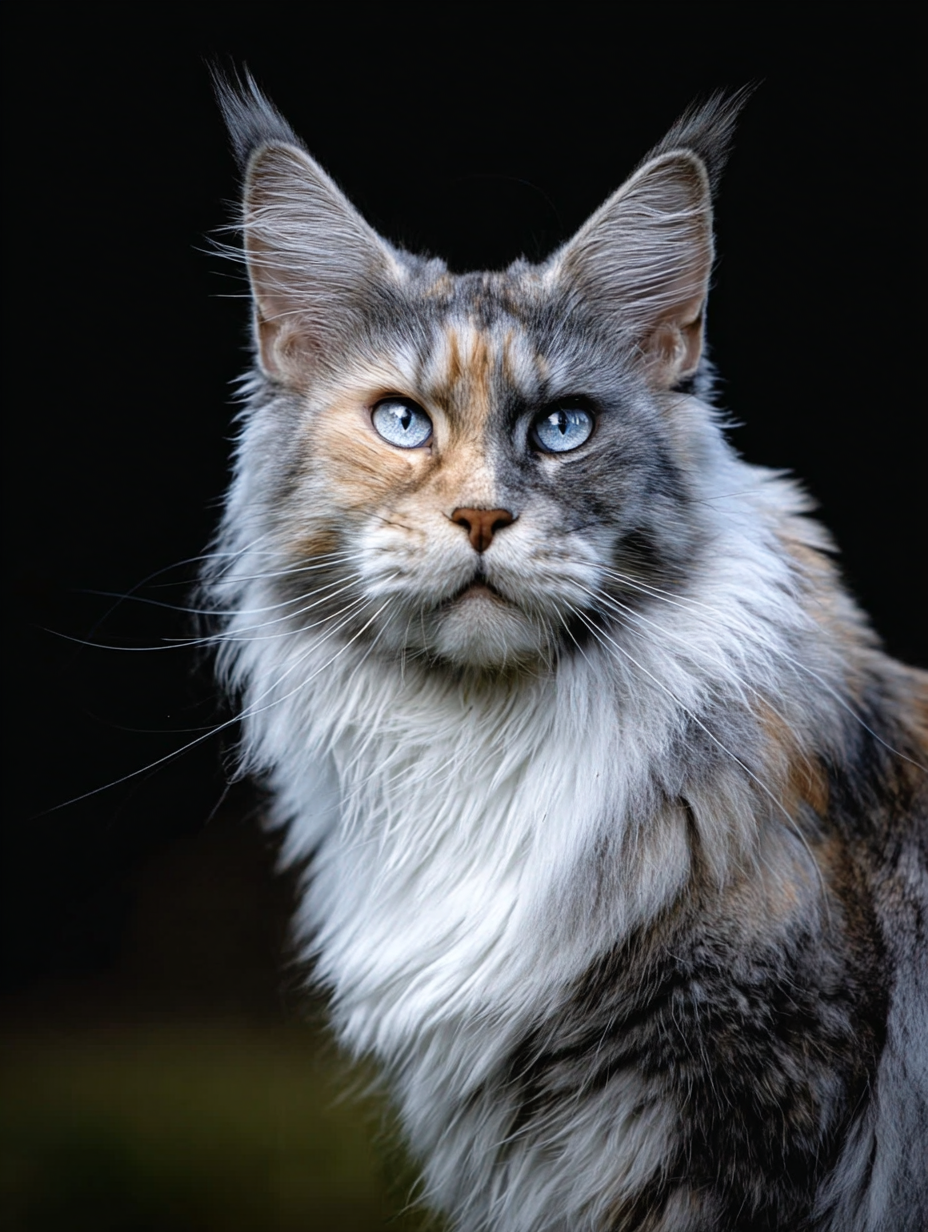
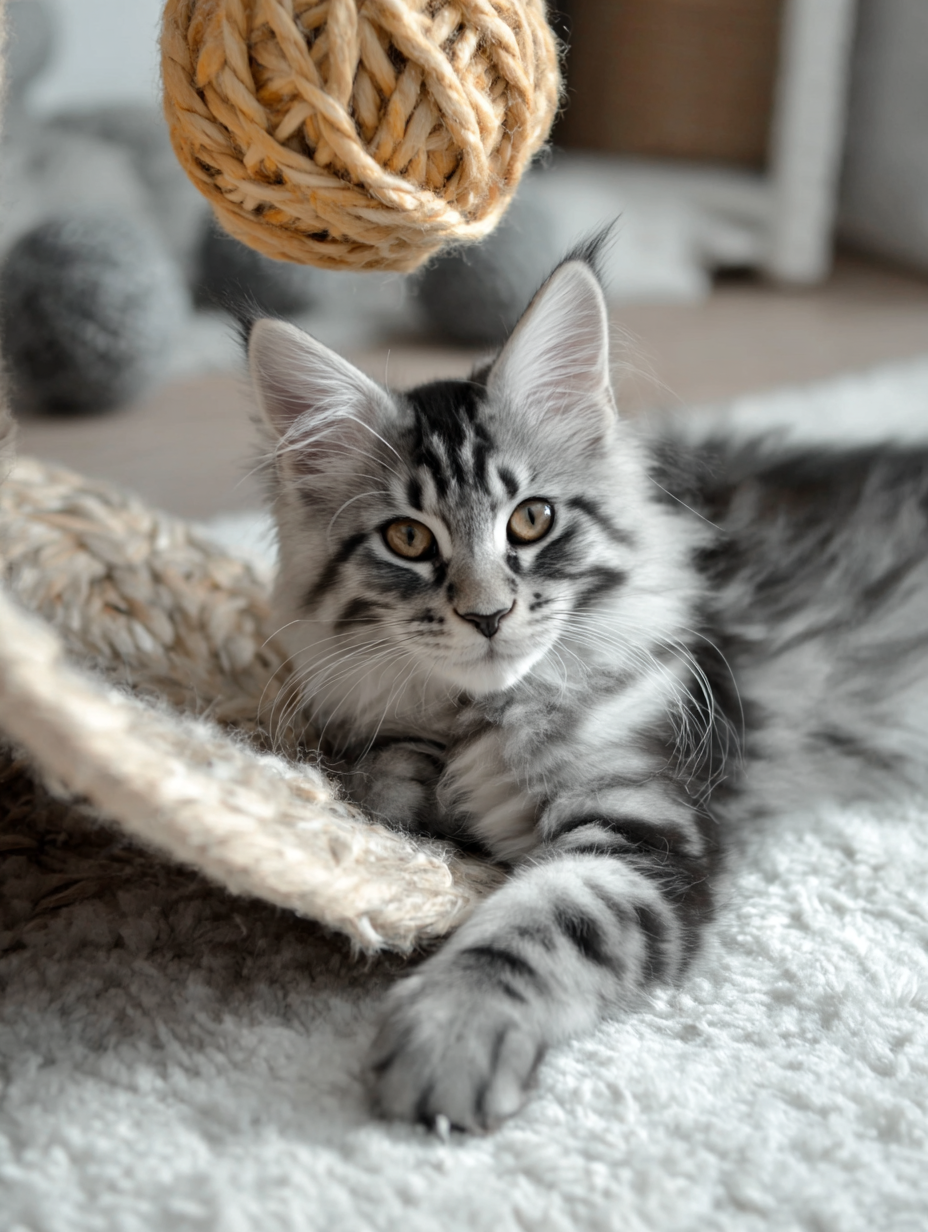
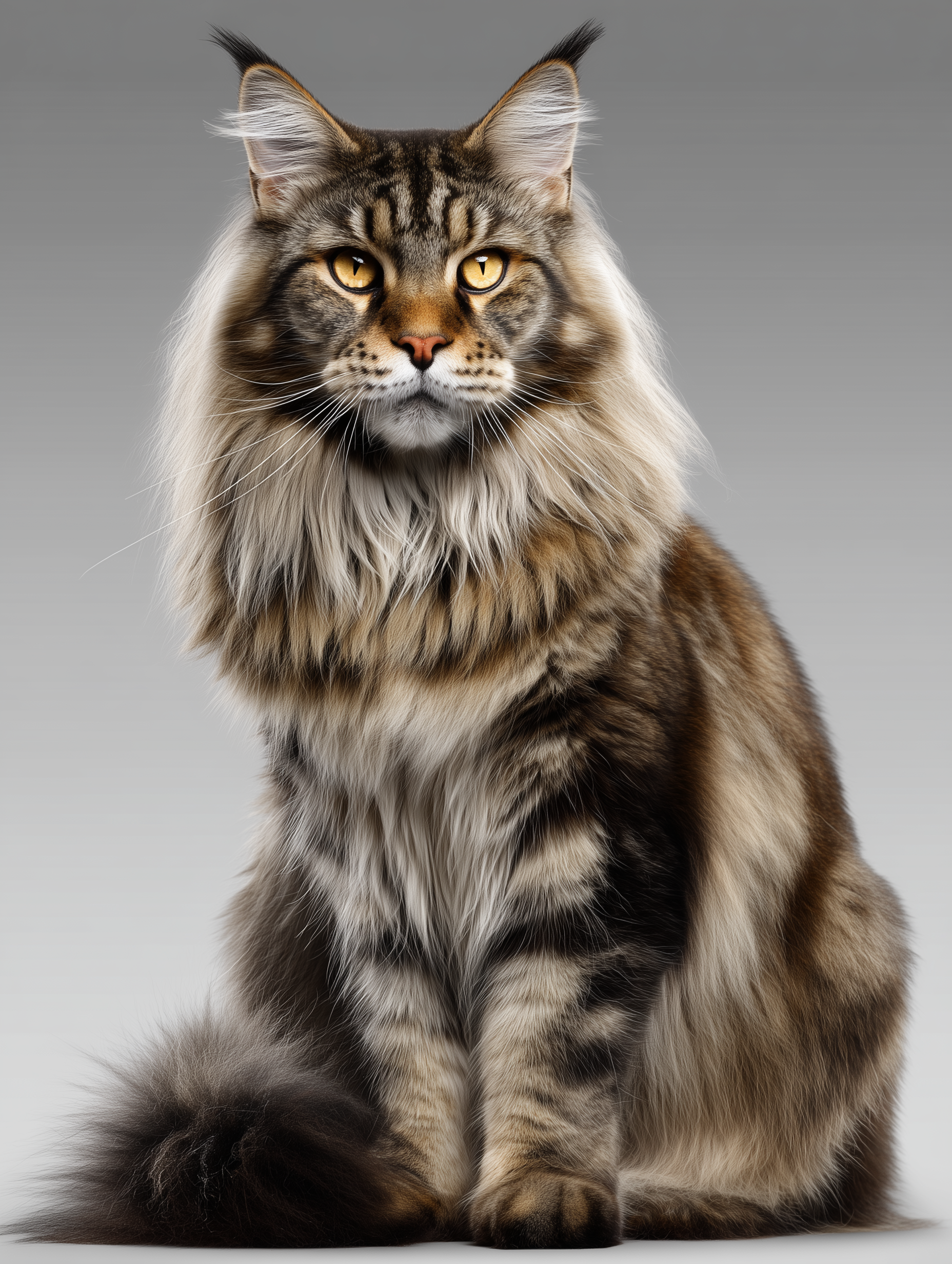
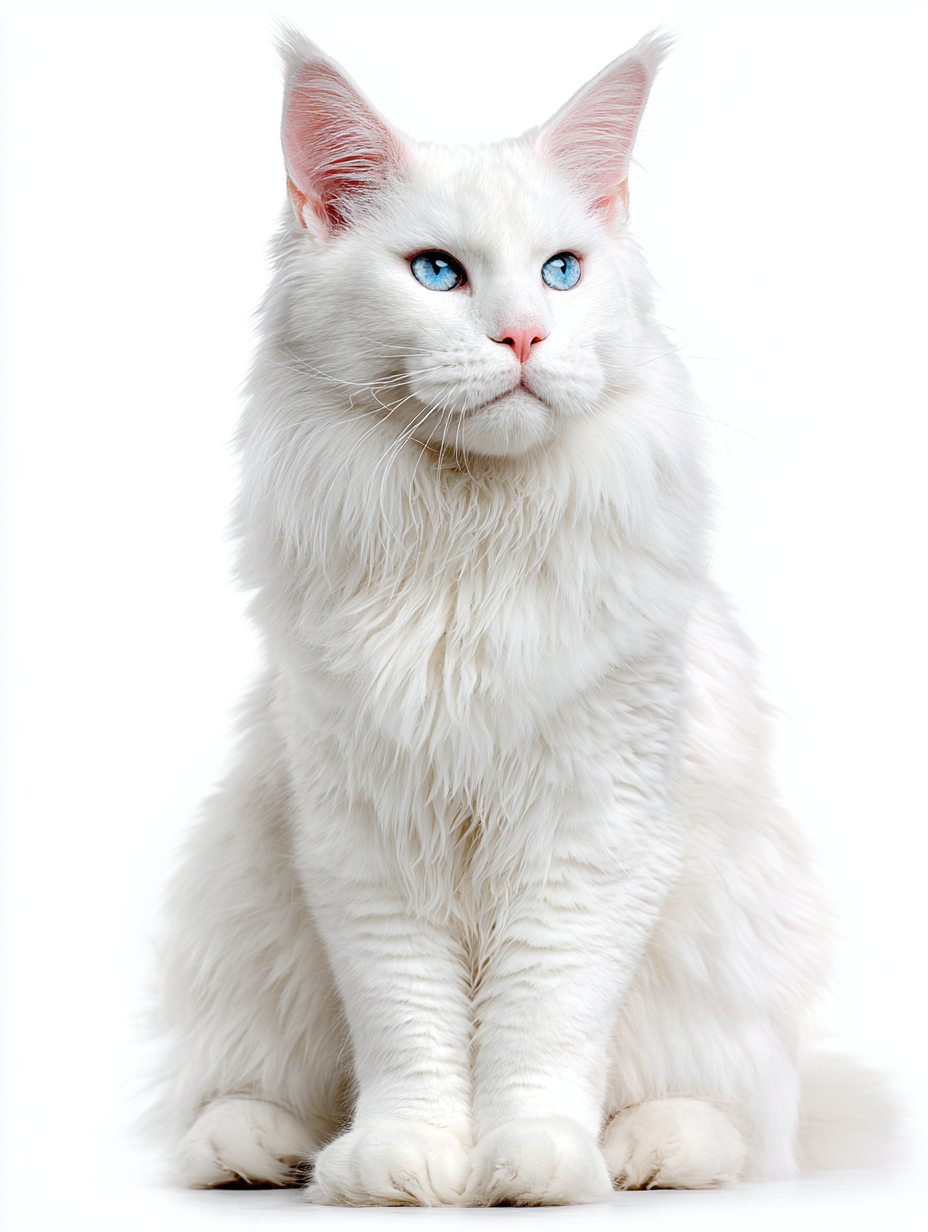
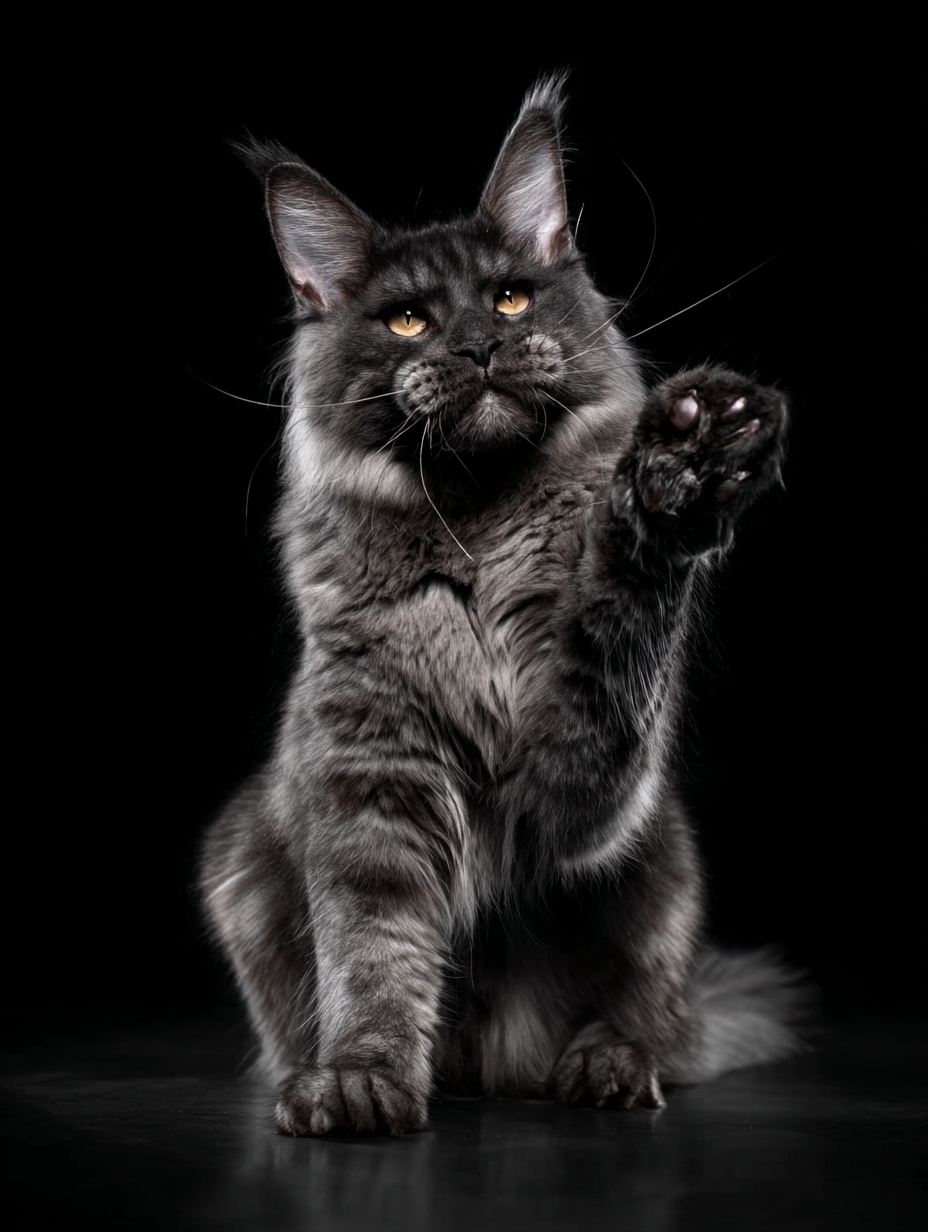
Read the Comments +